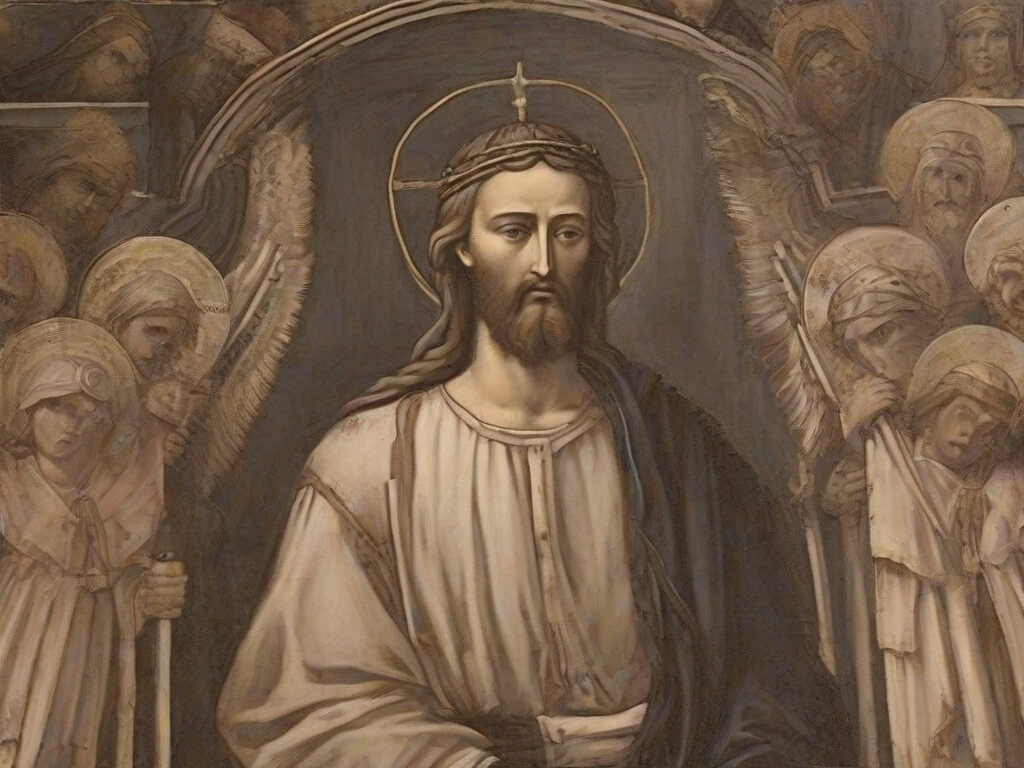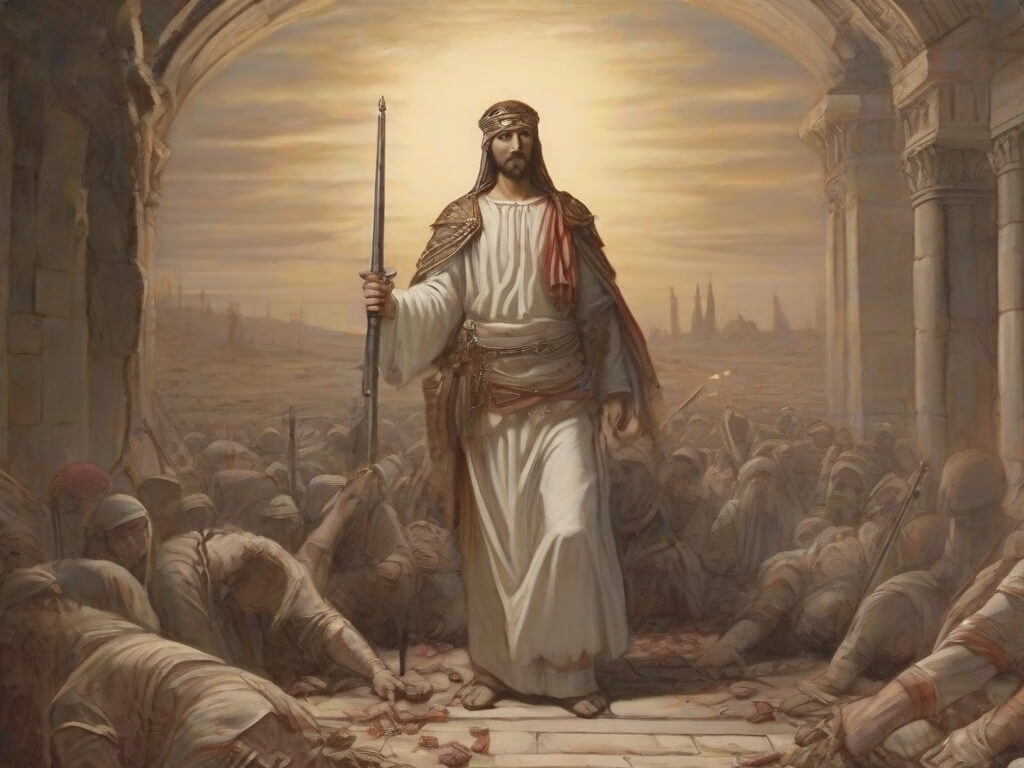What is Martyr ? What does Martyr mean in Christianity, Judaism, Islam and Buddhism? Dive deep into the intricate layers of martyrdom as we unravel its nuanced definition, trace its historical roots, and examine its profound cultural impact.
Martyr; one who dies for his religion or suffers for any great cause. Many martyrs are executed for political treason when their religion conflicts with that of the state. Most martyrs freely choose their course of action. Martyrs figure in many world religions and are usually honored as a category of saints, with their names listed in martyrologies.
Christianity
In Christianity, the term “martyr” refers to an individual who willingly suffers persecution, suffering, or death for their religious beliefs, usually in defense of the Christian faith. The concept of martyrdom is deeply rooted in Christian tradition and has historical significance dating back to the early days of the Christian Church.
The word “martyr” itself is derived from the Greek word “martys,” which means “witness.” Early Christian martyrs were often individuals who refused to renounce their Christian faith despite facing severe persecution, torture, or even death. They were considered witnesses to the Christian gospel and were willing to endure hardships as a testimony to their commitment to Christ.
Christianity has a long history of martyrs, particularly during periods of intense persecution. For example, in the Roman Empire, Christians were sometimes subjected to persecution for their refusal to worship the Roman gods. Many early Christians chose martyrdom rather than renouncing their faith.
Martyrdom is often seen as the ultimate expression of faithfulness and dedication to God. In Christian theology, martyrs are believed to follow in the footsteps of Jesus Christ, who is considered the ultimate martyr for his sacrificial death on the cross.
Throughout Christian history, martyrs have been venerated and commemorated as heroes of the faith. Their stories are often told as examples of steadfast faith, courage, and the triumph of spiritual values over worldly concerns. The recognition of martyrs is also present in the liturgical calendar of many Christian denominations, where specific days are set aside to honor and remember these individuals.

The Roman Catholic and Orthodox churches officially recognize a cult of martyrs, which developed in the early church. They were invoked to intercede with God, and their miracle-working relics were avidly collected. Local clergy drew up martyrologies (called synaxaria and menelogia in the East) of martyrs and other saints listed by feast days. Some included brief histories. Appropriate sections were read aloud daily. The official Roman Martyrology (1584), based on many earlier ones, has been periodically revised. Other Christian communions respect martyrs but usually do not venerate them.
Judaism
Early martyrs of Judaism included Old Testament figures, such as Isaac, and Jews who died in Roman persecutions. The Midrash lists Ten Martyrs: Akiba ben Joseph and other rabbis who were executed under Hadrian for founding schools to teach the Law. Jews persecuted by Christians were listed as martyrs, along with learned Jews, in memory books, such as the Memory Book of Nuremberg (1898), preserved in medieval synagogues. Passages were read on special days to help preserve the continuity of the Jewish community. Although they did not choose their fate, the millions of Jews executed by the Nazis are considered martyrs.
Islam
Muslims count as martyrs some Old Testament figures, Mohammed and other early leaders, and the murdered brothers Hasan and Husayn. In addition, warriors who die in a jihad (holy war) are martyrs, as are those whose deaths are pitiful, as from plague, in childbirth, or abroad. Shi’ite Muslims have a highly developed cult of martyrs and seek burial near their tombs, such as that of Husayn at Karbala.

Buddhism
Buddhists believe that Gautama Buddha was a martyr in his previous lives, as described in the Jakatas. Mahayana Buddhists worship bodhisattvas (saints) as compassionate martyrs who, through many lives, not only sacrifice life itself for the sake of truth but also postpone their own bliss in order to help suffering men. Bodhisattvas include historical teachers and kings and legendary beings, such as Avalo-kiteshvara and Manjushri. The trials of the bodhisattva “Ever-weeping” are related in The Perfection of Wisdom